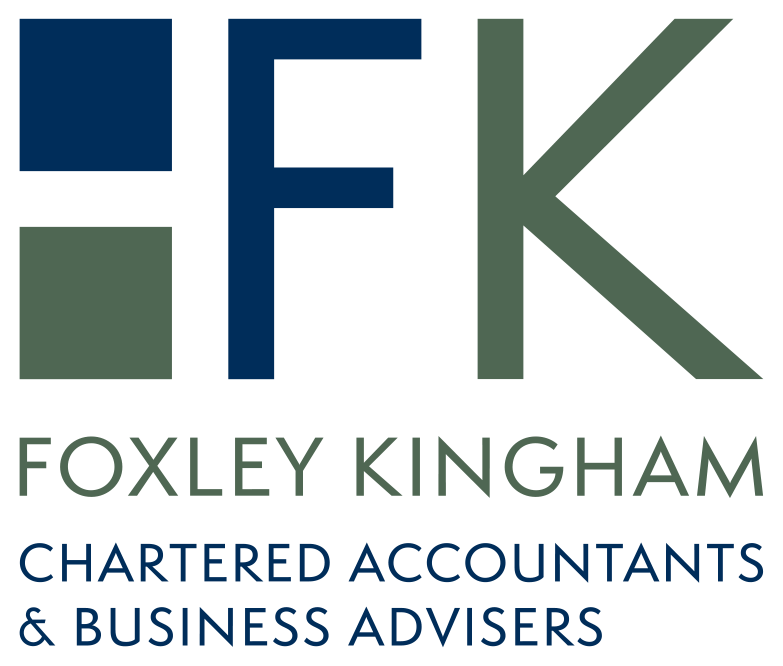August 2023 brought us the 14th consecutive rise in interest rate, as decided by the Bank of England. Sitting at a lofty 5.25%, the increase in the rate is just one contributing factor to a challenging economic landscape, for both businesses and individuals. Combine the increased cost of borrowing with wage inflation pressures and labour shortages – and it can be a difficult time indeed to do business.
“We’re seeing an increasing number of businesses of all shapes and sizes concerned about rates and margins. There are lots of different protective approaches being taken, but across the board, many are looking to put the brakes on borrowing for the time being. Our SME clients are doing what they do best – knuckling down and getting on with it!”
The background
Despite this being the 14th consecutive rise, forecasts still suggest that interest rate will continue to rise in some capacity. But if the decision lies in the hands of the Bank of England, why does the Bank decide to continue the increase? Raising the Bank of England base rate is an economic tool often used to combat inflation – which currently has a hold on the UK’s economy.
Whilst the rise in interest rates is slowing down the rate of inflation, the Prime Minister announced in July that it’s not slowing down as quickly as he would have liked, therefore we’re likely to continue to feel its effects for some time yet.
Having a full understanding of what’s driving the current outlook of the economy is key to safeguarding your business from its ill effects. So, let’s examine these further.
What effects are rising interest rates having on business?
The effects of interest rates on businesses are just as far-reaching as their effects on individuals. And whilst Government might set out protections for consumers, they’re less likely to do the same for businesses (just look at the energy price cap introduced last year for residential premises, but not commercial ones).
But what are they? Before we can put in place processes to protect against them, we need to fully understand what the effects are – good and bad. The effects will vary significantly by industry, but the following will likely be experienced by most businesses.
- Increased cost of borrowing
Perhaps the most obvious is the increased cost of borrowing. Even successful businesses rely on borrowed finance to function, especially when looking to expand operations. With it becoming more expensive to borrow money, profit margins are affected – and how detrimental this is to business depends entirely on the health of the margin in the first place
- Delaying business investment
Many businesses will combat the increased cost of borrowing by borrowing less, and this in turn can have a negative effect on business. There are numerous reasons for which a business would need to borrow money: for new premises, to increase product range, to expand operations, or just scale the business more generally. By delaying the securement of new investment, such business actions are put on hold
- Reduced consumer spending
Whilst businesses might not yet be feeling the pinch of reduced consumer spending, the effects are expected in the coming year, with 63% of adults already spending less on non-essentials in response to the cost of living crisis, of which higher mortgage and loan repayments play a part. When the purse strings inevitably tighten, some businesses may have to alter operations to protect profit margins
- International trade
For businesses that operate internationally, the story is a tale of two halves. Higher interest rates will often give rise to a stronger domestic currency from an international perspective. This can increase the cost of exporting from the UK and make imports more affordable. So depending on how your business operates internationally, you may in fact benefit from the rising interest rates
How to minimise the damage
So, from a financial perspective, what can your businesses do to minimise the effects of rising interest rates? The main, overarching strategy is to be prepared. Having a plan in place that protects your profit margins, as much as possible, whilst increasing cash reserves – is an ideal scenario. Where that isn’t possible, refinancing and restructuring debt, reviewing your budget, and being agile with your approach to business, are all approaches to be considered.
Whilst the strategies will differ by business, a discussion with your accountant in the first instance is a good place to start. We’re helping a number of our clients navigate the difficult economic terrain, and it all starts with a conversation.
Beyond the consultancy aspect, businesses and their appointed financial partners will have to keep a close eye on the numbers. Keeping on top of credit control, dealing with debtors in a timely and effective manner, closely monitoring cash flow to minimise short-term borrowing, and producing detailed and frequent financial forecasts, will all help to mitigate the negative effects of the current landscape.
Tara has some parting insight for those looking to mitigate against the effects of the rising interest rate:
“We’re seeing businesses who are in a cash-positive situation, moving to pay off borrowings earlier, and businesses who are tight for cash are looking at cash flow forecasts and assessing where discretionary expenditure can be trimmed. The best-case scenario for some is an ordered closure to protect what they have.
For some, rising interest rate might actually present an opportunity. If you have cash available, it’s a good time to consider investment, as the weakening demand means there are potential bargains to be had. So, looking at the wider picture it’s a mixed bag – depending on your business, the sector you operate within, and how well you’ve managed the finances of your business in the past.”
Contact Foxley Kingham – the next step
If you are concerned about rising interest rates or in fact think you have spotted a potential opportunity to benefit your business in the midst of this, your FK accountant is always a call away. Get in touch with one of the team.










